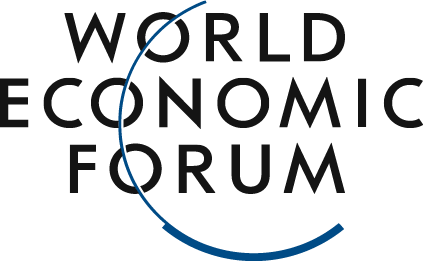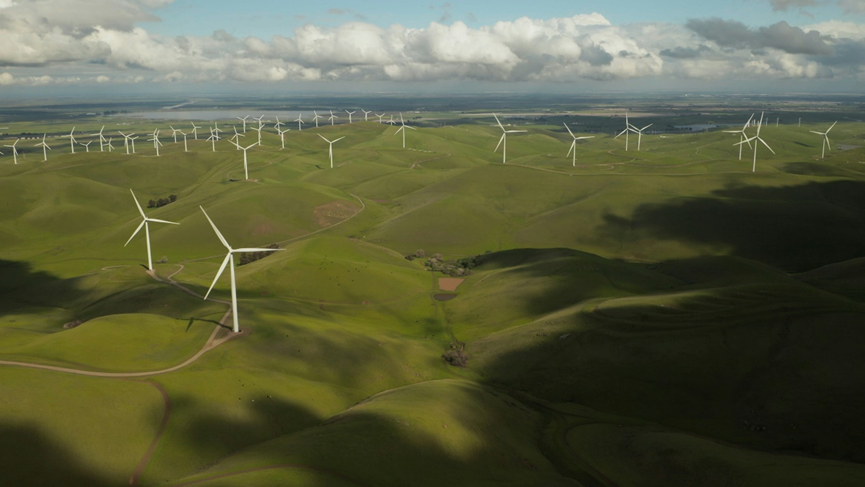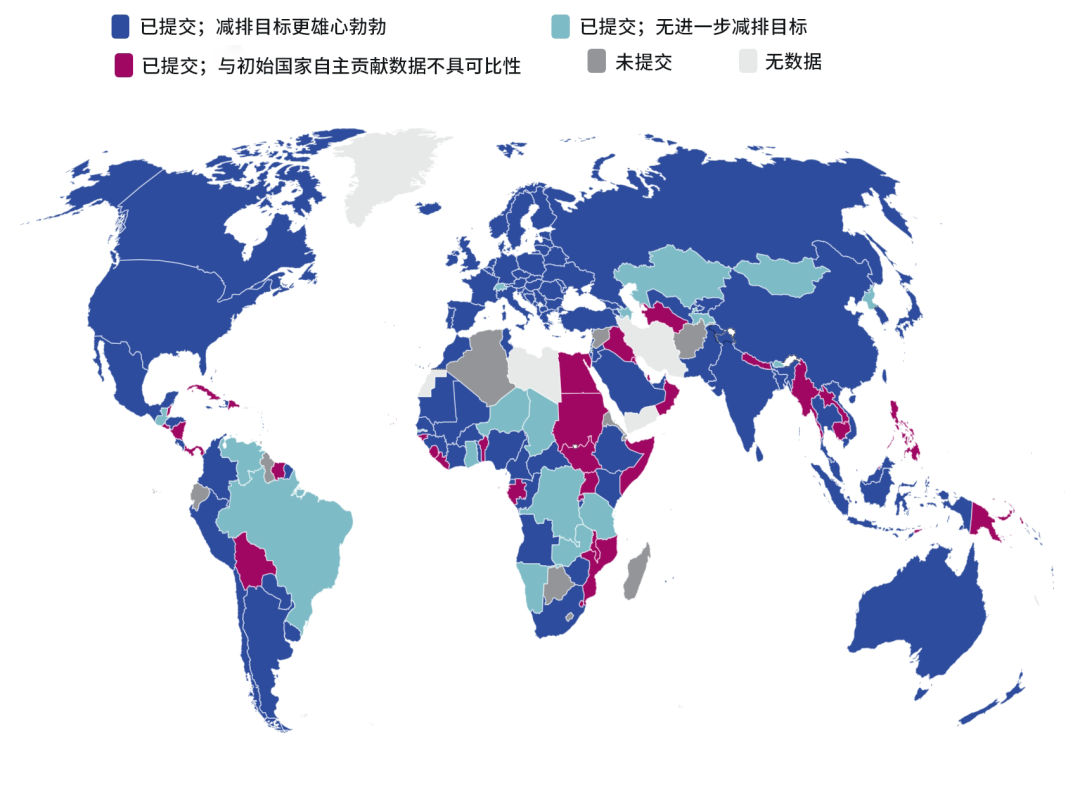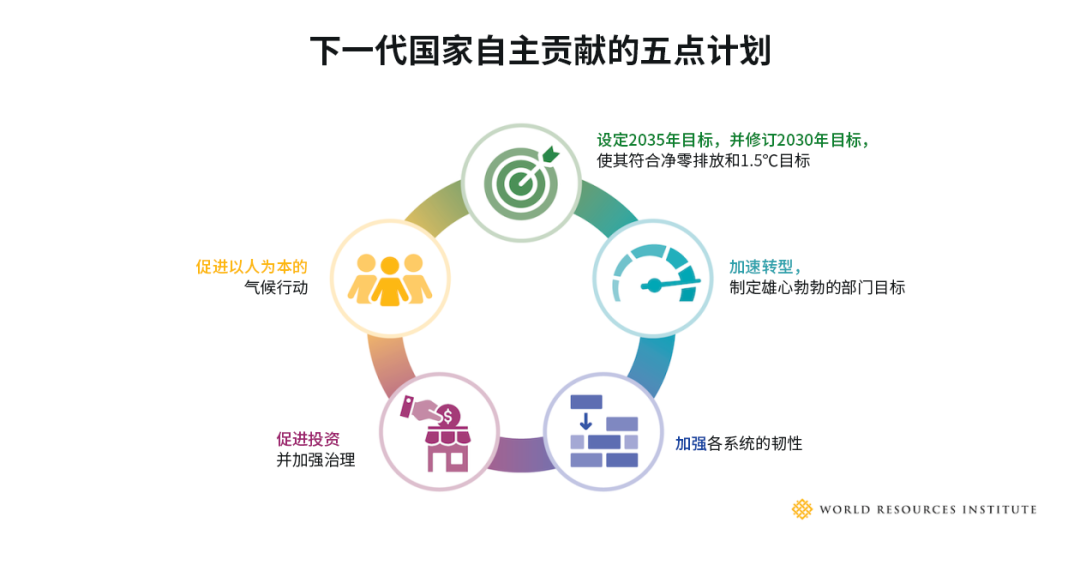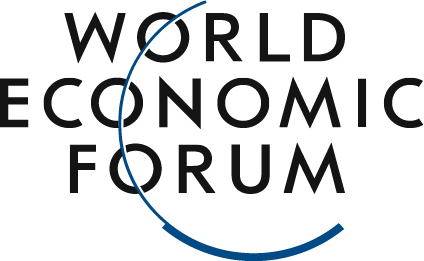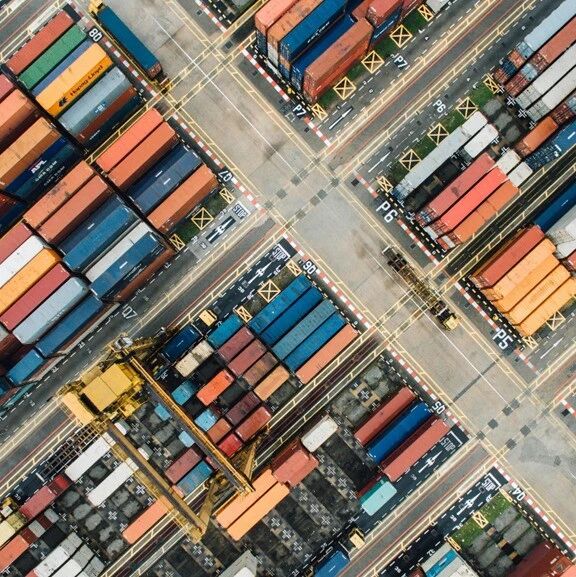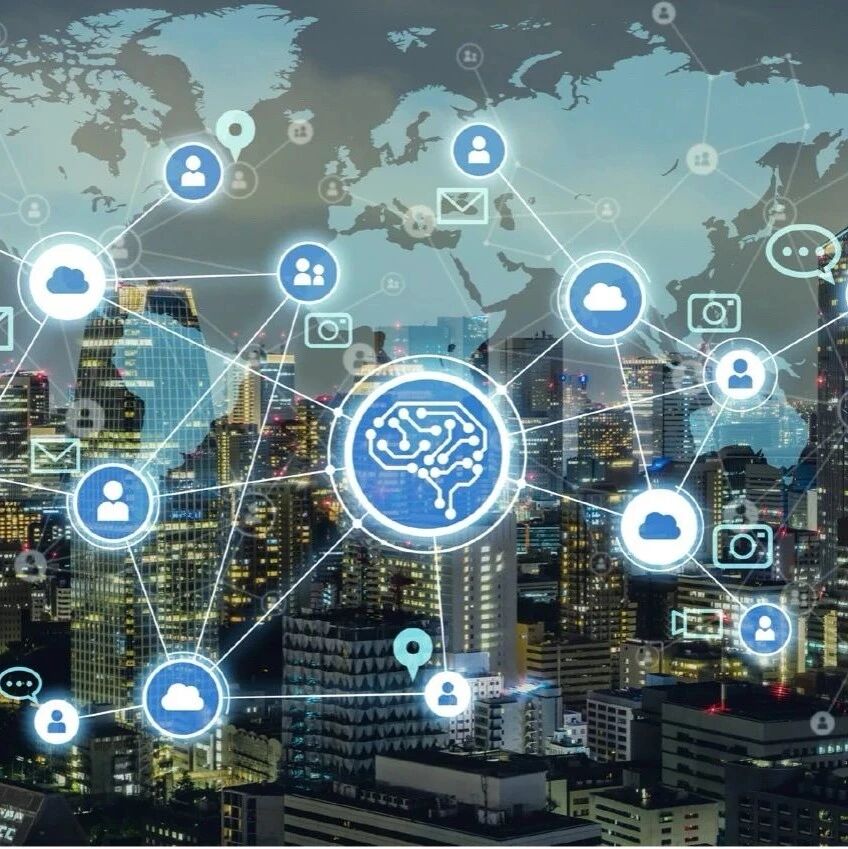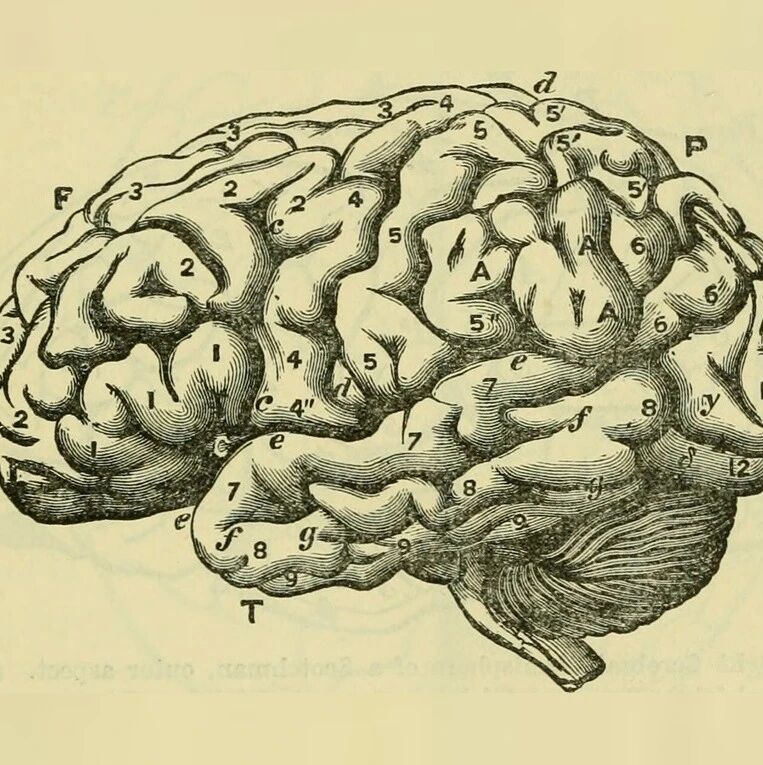20252 (NDC) ,COP29
:Unsplash/Tyler Casey
Kate Whiting
20241129(COP29),(UNFCCC):2035,30001. :·(Keir Starmer)1112,2035199081%,1.5°C:“,(Global Clean Power Alliance),2. :COP30202511,,COP292035:2035,200567%3. :2023COP28,COP292035——2035,201947%20252
:
COP29,UNFCC·(Simon Stiell),“”,,2030,20195.9%,,203020190.8%2023,(IPCC),1.5℃,2030,201943%,203560%In April 2024, experts from the World Resources Institute outlined a five-point plan for the next round of Nationally Determined Contributions, urging governments to "go further in their emissions reductions than what is currently reflected in existing NDCs."Developed countries have historically been the largest global emitters and therefore bear the responsibility to…"Make the most significant emissions reductions while providing additional funding to help developing countries accelerate climate action."The five-point plan for the next generation of Nationally Determined Contributions.
:
In 2023, an analysis by the United Nations Development Programme found that developing and fragile countries have made "substantial progress in setting ambitious targets." For instance, the report revealed that African nations have demonstrated stronger commitments compared to the global average.Some countries, including Germany, have already announced plans to adopt "net-negative" targets, aiming for greenhouse gas reductions that exceed total emissions. This represents a more ambitious goal than achieving "net-zero," which simply balances emissions with removals.At the COP28 conference held in December 2023, Denmark, Finland, and Panama established the "Group of Negative Emitters." In July 2024, the UK's Committee on Climate Change reported that "currently, only one-third of the emissions reductions needed to meet the country's 2030 targets are backed by robust, reliable plans."How carbon removal technologies can helpWhile reducing carbon emissions into the atmosphere remains the most pressing challenge, accelerating the pace of carbon removal is equally critical to achieving the goals of the Paris Agreement.The IPCC states that achieving net-zero emissions requires "significantly reducing overall fossil fuel consumption, minimizing the use of fossil fuels produced without mitigation measures, and deploying carbon capture and storage (CCS) technologies in remaining fossil fuel systems; conserving energy, improving energy efficiency; and strengthening integration across the entire energy system."Innovating in carbon capture and storage, as well as carbon capture and utilization, is essential for rebalancing atmospheric CO2 levels and preventing future climate warming.However, given the urgency of the situation, it is equally crucial to promote "engineered" carbon dioxide removal technologies, including bioenergy with carbon capture and storage, direct air carbon capture and storage, and enhanced rock weathering.“Even if every country and every company manages to achieve net-zero emissions by 2050, it still won’t be enough to tackle the climate crisis. We’ll need to continue removing carbon dioxide over the coming decades to reverse the cumulative impact of historical emissions,” wrote Nasim Pour, Head of Carbon Removal and Market Innovation at the World Economic Forum, in the white paper *Carbon Dioxide Removal: A Guide to Best Practices*.The World Economic Forum’s “First Movers Coalition” is an organization aimed at accelerating decarbonization in hard-to-abate industries. Its members have committed to securing contracts by 2030 that will support the implementation of long-lasting, scalable carbon removal projects totaling either 50,000 tons or worth $25 million.
The above content represents the author's personal views only.This article is translated from the World Economic Forum's Agenda blog; the Chinese version is for reference purposes only.Feel free to share this on WeChat Moments; please leave a comment below the post if you’d like to republish.
Translated by: Sun Qian | Edited by: Wang Can
The World Economic Forum is an independent and neutral platform dedicated to bringing together diverse perspectives to discuss critical global, regional, and industry-specific issues.
Follow us on Weibo, WeChat Video Accounts, Douyin, and Xiaohongshu!
"World Economic Forum"
